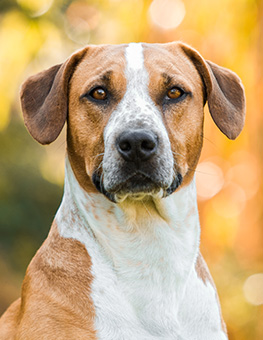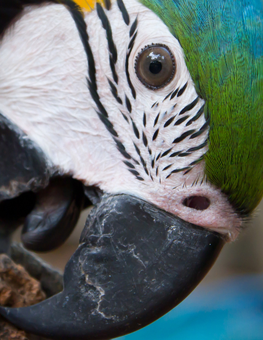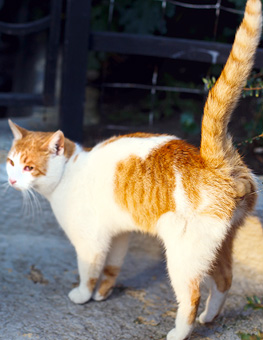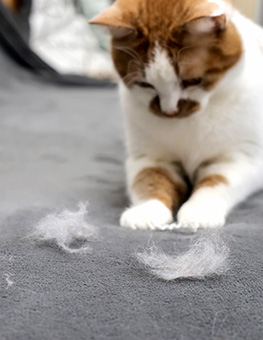Common Small Animal Ailments
Generally pretty hardy, small animals are susceptible to a host of issues.
In general, small animals are pretty robust creatures. With proper nutrition and care they almost never get sick. There are, however, a handful of ailments and symptoms that you should become acquainted with.
- Coat problems: Hair loss or hair that's oily, rough or choppy can indicate an overall health problem. Additionally, it can reflect a potential dehydration problem or — like almost every other problem — be linked to an unclean environment.
- Dental problems: Inflammation, growths, bleeding and secretions from the mouth are serious issues. If you see any of these signs, head to the vet as soon as possible. Watch, too, for overgrown teeth. Provide plenty of safe chewables to prevent that problem. If teeth are not worn down, they may need to be clipped.
- External parasites: Ringworm, fleas, mites and lice all exhibit external signs, and can easily be treated by a vet with proper medication. Your pet's habitat and accessories must be thoroughly cleaned – and kept clean to prevent a recurrence.
- Nutritional deficiencies: Choose a balanced diet that includes staple food, fresh fruits and vegetables and treats (plus a constant supply of clean water). Some small animals have more specific needs. Guinea pigs, for example, require a steady intake of Vitamin C. Calcium is an important nutrient for all small animals. If your animal is not getting the nutrition he needs possible results include: poor skin and coat condition, loss of weight, unsteady movement or difficulty in moving, lethargy, loss of appetite and excess sleep.
- Respiratory Problems: Small animals are susceptible to respiratory infections caused by viruses, bacteria, and environmental irritants. In some instances, cedar or pine bedding and musty hay may act as irritants — all can give off dust, fumes and chemicals. If your small animal is sneezing, having breathing problems or exhibits eye/nose secretions, contact your vet immediately.
- Skin problems: Some bedding materials such as cedar shavings can cause skin irritation or foster an allergic reaction. Skin problems can also be caused by parasites or result from a dietary allergy. Try changing bedding and remove new foods from your pet's diet to see if the issue subsides. If not, contact your vet. Be sure to tend to small cuts in the skin immediately, as they can become infected and abscess.
- Wet Tail: A condition brought about by consistent diarrhea, wet tail is generally caused by a bacterial infection from an unclean habitat. Lethargy, appetite loss and coat problems usually accompany the problem. If your animal seems to be suffering from consistent diarrhea, consult with your vet at once. Meanwhile, make sure that she is drinking enough water to combat dehydration.
More and more vets are specializing in the care of our small animal friends. Ask yours if he is qualified to treat small animals. If he is not skilled in this area, ask him to refer you to a specialist, or provide information on how to locate one in your area.









